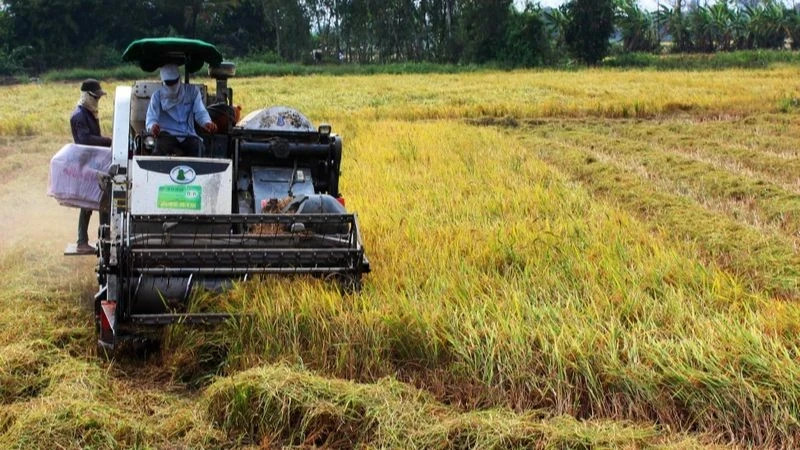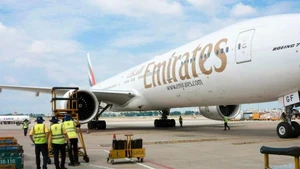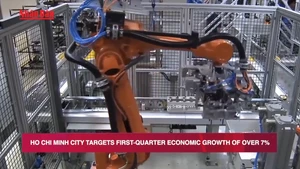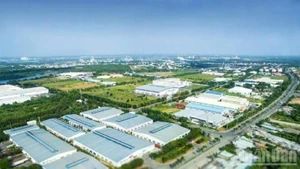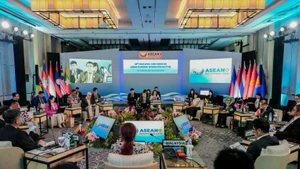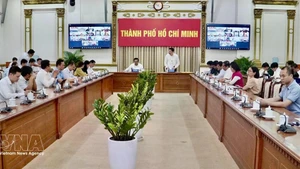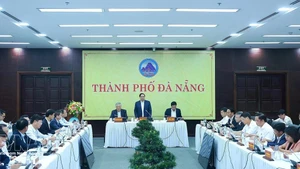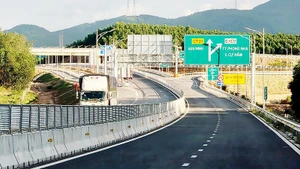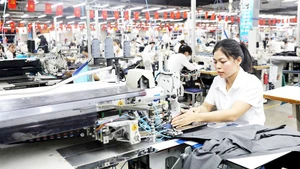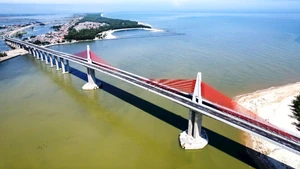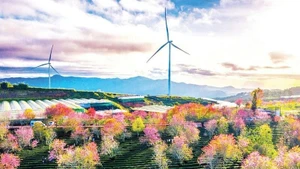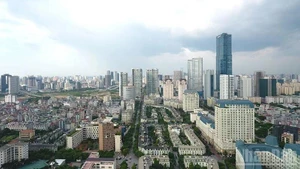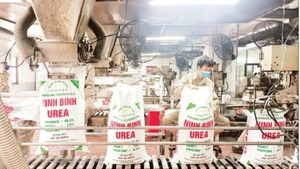Accordingly, land specialising in rice cultivation is supported with 1.5 million VND (60.44 USD) per ha per year, while areas planned for high-yield and high-quality rice cultivation are given an additional 1.5 million VND per ha per year. The state budget also supports up to 100% of the cost when enterprises invest in the construction of irrigation and traffic works in areas planned for high-yield and high-quality rice cultivation.
In addition, the state budget will provide support of up to 40% but not exceeding 15 billion VND (604,000 USD) per project, for the purchase of equipment, technology, and technology licenses for projects applying certified greenhouse gas emission reduction rice production processes, circular economic models, certified organic production projects, projects involving rice production linked to value chains covering areas of 500 ha or more, food and foodstuff processing projects, projects on the production of biological products or high-tech materials and products from rice and its by-products that meet legal regulations on high technology, with total investment capital of 30 billion VND (1.2 million USD) or more.
These regulations can be considered a “new breeze” for the development of the rice industry. In addition to increasing the level of support for rice production and investment in construction items, Decree No. 112 includes many regulations to support investment in high-quality, circular, organic, and low-emission rice growing areas. This is the basis, the “springboard”, that contributes significantly to restructuring the rice industry towards increasing added value. In fact, in recent years, the rice industry has made a strong shift from quantity to quality through promoting high-quality rice production and exports.
Vietnam’s rice export turnover has continuously increased every year with selling prices reaching the highest level in the world at many times. It is forecast that the rice export turnover for the whole year of 2024 will likely reach a record number of more than 5 billion USD.
On the other hand, in the context that the agricultural sector is focusing on implementing the project on the sustainable development of 1 million ha of high-quality and low-emission rice cultivation associated with green growth in the Mekong Delta by 2030, the new investment support policies under Decree No. 112 will provide timely and effective support for businesses investing in this field.
To enjoy support policies, the decree also stipulates that the rice growing area with reduced emissions and circulation must have a scale of 500 ha or more while the processing project must have a total investment of 30 billion VND or more... This will encourage the formation of large-scale rice production areas and modern processing facilities, facilitating the application of science and technology. It will also help create a large volume of products with uniform quality to serve export, increasing the added value of rice and deeply processed products from Vietnamese rice in the world market.
